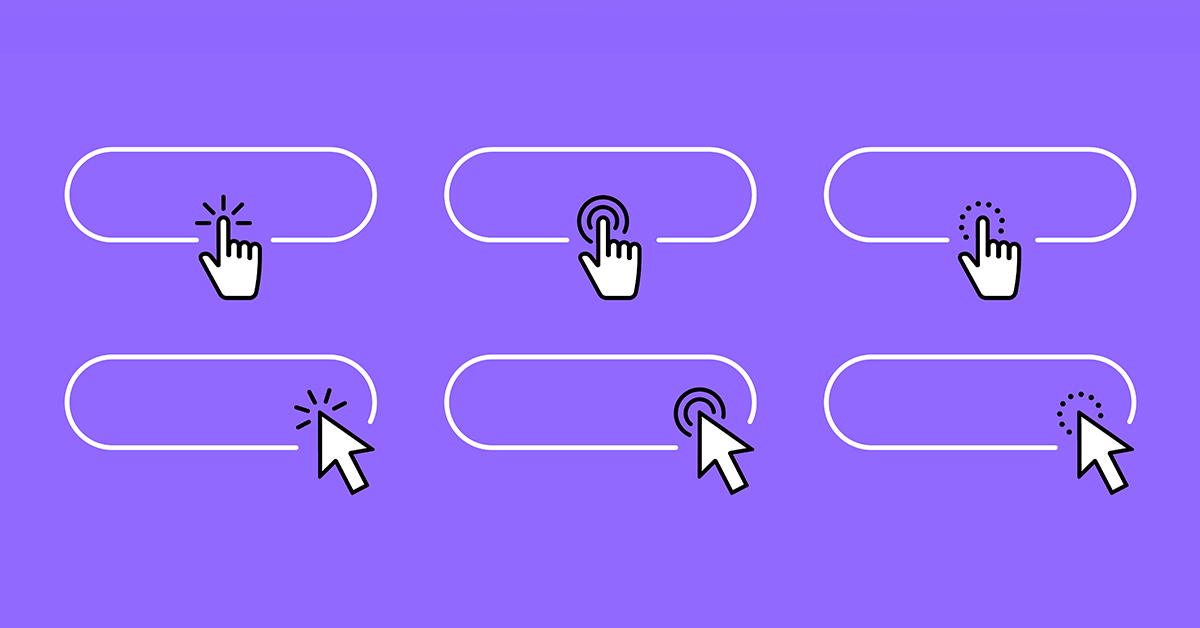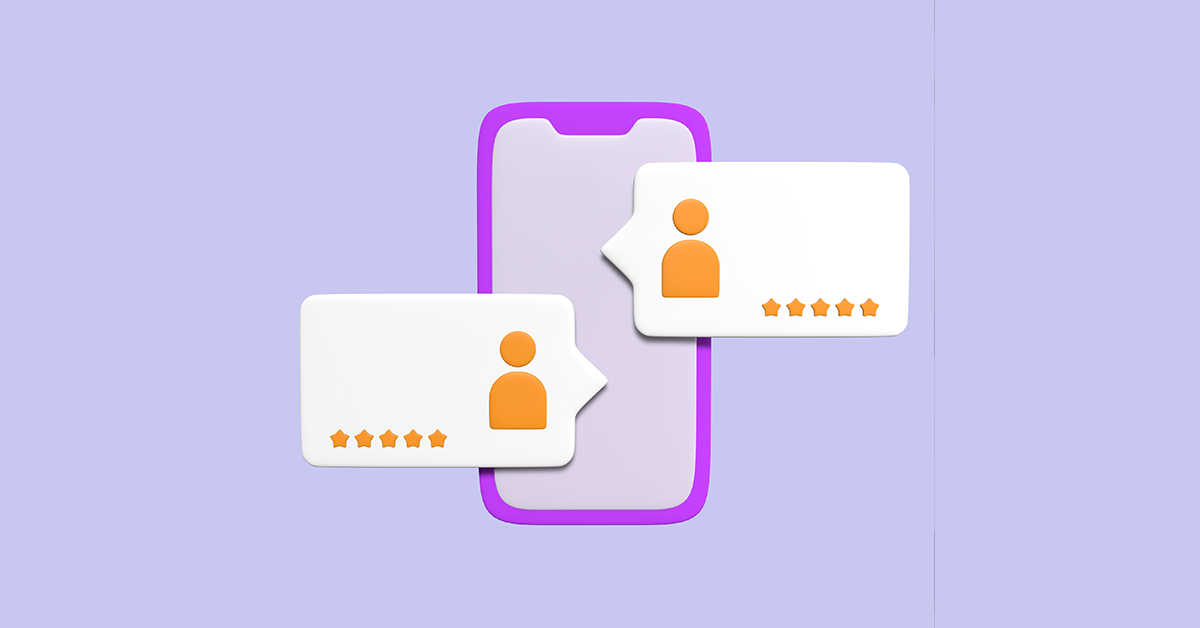When it comes to SEO, things can get a little confusing.
There are so many different factors to consider for SEO success, from what’s on your website, to how your website runs, to things you may not even be able to fully control off your site.
However, SEO is extremely important to help your business increase its visibility on top search engines. One thing you might be surprised to learn is that there are multiple types of SEO, including organic and local.
So, what are these two SEO types, and do you need them both?
Let’s dive in.
What is Organic SEO?
Organic SEO is the type of SEO you’re probably most used to hearing about. It includes optimising your website both in the backend and in your content, using specific keywords and topics your target consumer would use when searching for your business. It also has to do with your site structure, load time, and mobile-friendliness. In more basic terms, it’s pretty much everything you do on your website to show up naturally in top results, rather than paying for your search ranking.
Organic SEO has a number of advantages, and they include:
• Cost Effectiveness
Organic SEO is a cost-effective way of boosting your website’s searchability. In theory, all elements of organic SEO can be done by the business (however, if you’re not tech-inclined, you may want to ask for the help of website developers).
• Near Constant Promotion
The internet never sleeps, and whilst paid SEO can boost search rankings further, it’s only temporary. Organic SEO (as long as it’s maintained effectively) can keep your website’s searchability levels high, 24/7.
• Staying Ahead of Competitors
This doesn’t mean going to war with competitors, it simply refers to the more pages your website has on search engine results pages for a relevant search query, the more likely your website will show in a better position. This is why it’s key to optimise EVERY page of your website, and keep it monitored, because the way people use search is constantly changing.
However, naturally where there are advantages, there are also disadvantages:
• Time
Organically optimising your website for search engines takes time itself, changing and updating all the keywords, meta-data, images etc. but not only that, it will take roughly six months before Google crawls your website and takes into consideration each SEO factor, and rank it accordingly. Whilst this isn’t ideal, it’s still important to organically optimise your website.
• Fluctuating Results
Organic results can often fluctuate depending on the season or any new search trends that have appeared. If your business is seasonal, the best way to try and counteract the effects of a lower ranking, is to try and create meaningful content year-round for relevance. E.g. if you own a costume shop, Halloween is most likely going to be your busiest time, however blogs could be created through the Easter and summer months that include subjects like ‘how to plan the best summer bash’ with a section about summer costume party’s.
• Unknown Updates
As with many of the major digital platforms, Google likes to keep a lot of things a secret, and that includes the algorithms it uses to rank websites. Every Time an SEO update is released, campaigns that SEO analysts spent all their time working on can come collapse overnight. This is a particularly painful experience, but quality content and white-hat SEO methods can help to safeguard SEO work.
What is Local SEO?
We know that more and more searchers are searching with local intent. For example, we know that 82% of smartphone shoppers conduct “near me” searches. So local SEO gives you a way to maximise your presence for those searches. It includes optimising your content for local search intent and takes into account offsite factors like your local listings to help you improve visibility on search engines, review sites, and in local listings, like on Google Maps.
Local SEO provides businesses with a number of key opportunities and advantages, they include:
• Helping to Build Online Visibility
Probably most obviously (and importantly), Local SEO will help build your online business profile locally. Claiming your Google My Business profile and adding key information such as opening times, what your business offers, and location etc. will build your online citations. The more places that offer key information about your business, and are regularly updated with key information, is favoured upon by search engines.
• Offering Reputation Management
Building listings profiles also offers customers and employees the opportunity to leave reviews. You should be encouraging your customers to leave reviews, and your business itself should be replying to them (good or bad!), as it shows your business is active, and this impacts upon rankings. A dormant Google My Business or any other listings profile isn’t going to help your searchability, so it needs to be regularly (once a month or so) checked up on. Not only will having reviews left and replied help your business’s searchability, it will also help build trust in your business from potential customers, which is only a good thing!
• More Relevant Traffic
Whilst some people believe they should target everyone everywhere, because greater awareness means greater chance of leads, this isn’t the opinion of many, many, many marketers (practically all of them). Introducing local SEO methods that focus on key local areas around you business will not only provide you with greater visibility in your community, but also with more relevant traffic to your website. More and more people are using ‘near me’ searches, so you can still attract out-of-towners that visit the local area without having to waste time and effort attracting people from much further away.
The disadvantages of local SEO definitely aren’t argument enough to not go through with using local SEO, but I’ll list them anyway, just so you’re aware:
• Time
To be honest, this is probably going to show up in any disadvantage to do with SEO. It’s going to take time to claim and verify your Google My Business profile (if you haven’t already) and any other listings profile. It’s also going to take time to perfect the information you want to include (the description of your business using related keywords), and also it will take time for people to begin leaving reviews and for your business to reply.
• It’s Never Ending
As with organic SEO, local SEO is a never-ending task and resources need to be given so that it can be effectively researched, monitored and edited quickly and efficiently. As I’ve mentioned previously, there are always going to be new trends when it comes to the way people use search, and businesses are most likely always going to be on the back foot when these trends are discovered, so it’s important to be quick to react, this is the case for local SEO too. ‘Near me’ searches barely happened six or seven years ago, and now these types of searches have grown to more than 900% (Think with Google, 2018).
Why do You Need Both Organic & Local SEO?
So, now that we know what these types of SEO are, do we actually need them both to be successful? The short answer is yes. Why? Because you want your business to show in search results for a variety of searcher intents that are relevant to your business. With local SEO, you’re increasing your chances of appearing in searches with local intent. And with organic SEO, you’re increasing your chances of appearing in searches specific to your products and services. So by employing both strategies, you’re able to cover a wider variety of searches most applicable to your business. Additionally, without a solid organic SEO foundation, it’s difficult for your local SEO strategy to be successful.
What About National SEO?
Along with local SEO, you can also implement strategies for national SEO. The main difference between local and national SEO, is that with national SEO you are focusing on non-geographical content and keywords, and optimising your website to rank organically on a nationwide scale. You can read more about local and national SEO differences and strategies here.
How to Get There
SEO is complicated enough without adding an extra factor. Some businesses decide they’d like to give it a shot themselves, and others look to use a marketing partner as they don’t always have the time and resources available to do it themselves. If you’re looking for a way to employ both local and organic SEO in your marketing strategy, it’s simple to find an SEO partner that can do both for you.
Speaking of… (you must’ve known this transition was coming 😉) …LOCALiQ takes a holistic approach to SEO so you can feel confident you’re covered with both local and organic SEO expertise and tactics. If you want to learn more about how we can help you, contact us today, and we’ll answer any questions you have!





